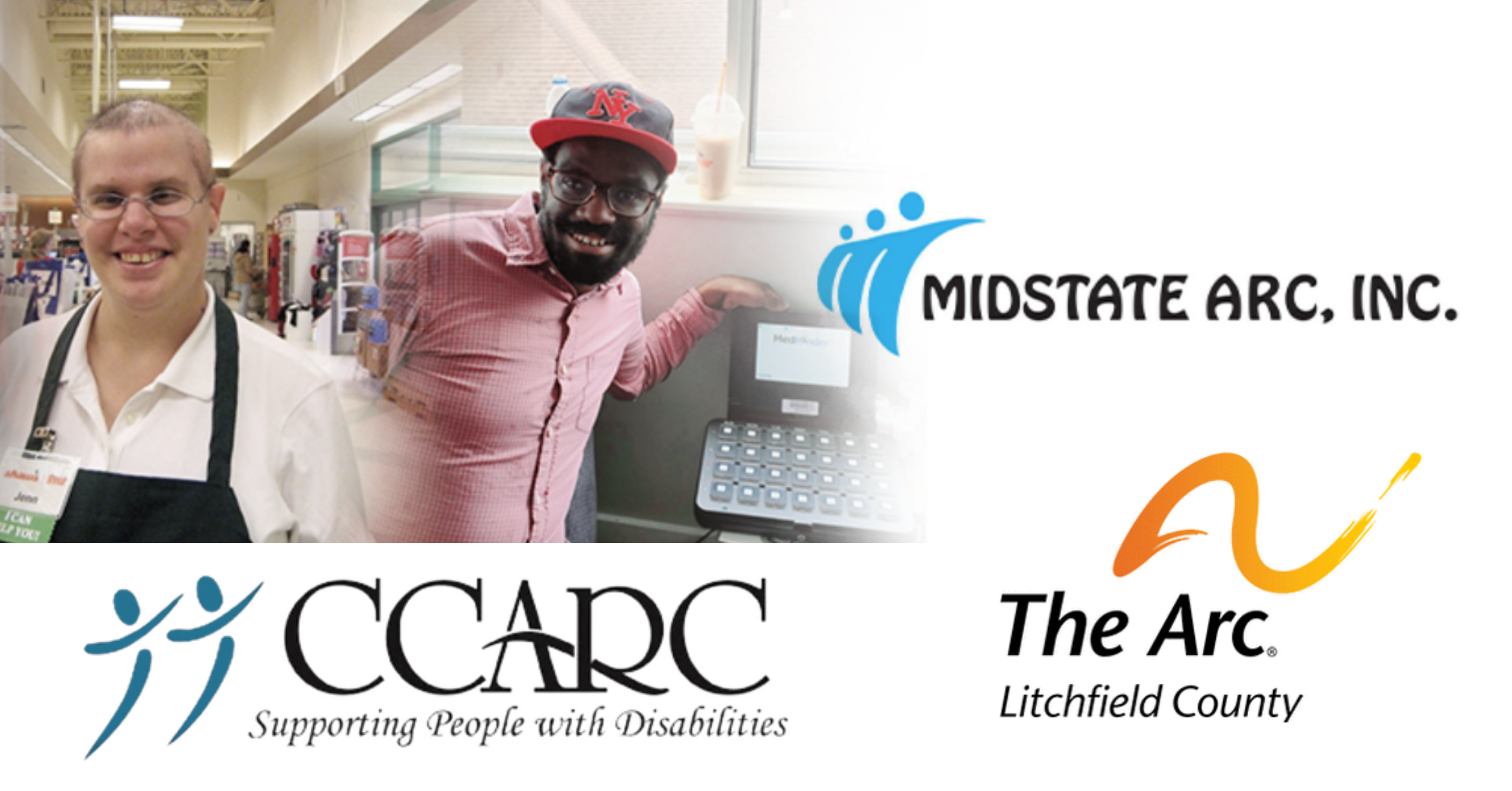My name is Jesse Padilla-Goryl. I am a BCBA (Board Certified Behavioral Analyst) working in adult services in rural, Western Colorado with Ariel Clinical Services, an agency that provides therapeutic foster care to youth, and residential, vocational, and therapeutic services to adults with IDD.
What Does Trauma-Informed Care Look Like in IDD Organizations? A Visual Tour
October 16, 2023
by
Steve Brown, PsyD
posted in
Whole-System Change,
Measurement & Research,
IDD Organizations
In December 2022, three Connecticut-based Arc organizations embarked on a journey together to implement trauma-informed care (TIC) – not just with clinicians, not just a one-time training – but each as a whole organization aspiring to embed TIC into the fabric of their culture.
A Treater’s Approach to Building Healthy Attachment with Trauma Survivors
August 11, 2023
by
Elaine Liberato Jenkins
posted in
Whole-System Change
In my new role as a Program Coordinator with the Traumatic Stress Institute of Klingberg Family Centers, I facilitated a workshop entitled A Treater’s Approach to Building Healthy Attachment with Trauma Survivors that focused on how our attachment styles influence treaters when working with trauma survivors.
Why Trauma-Informed Care for Intellectual and Developmental Disability Organizations?
May 8, 2023
by
Steve Brown, PsyD
posted in
Whole-System Change,
IDD Organizations
As ABA and IDD providers recognize the centrality of trauma in the lives of those they support, the natural next question is, “So what do we do about it?”
Early Head Start/Head Start American Rescue Plan & Trauma-Informed Care
February 22, 2023
by
Elaine Liberato Jenkins
posted in
Whole-System Change,
Measurement & Research,
Head Start
Early Head Start/Head Start American Rescue Plan (ARP) Act grant recipients are facing challenges regarding how to spend down ARP funding by March 31, 2023. While initial funds were a critical lifeline to child care programs during the worst of the pandemic, there's still plenty that can be done to create stability in programs for the long-term; grant recipients know the importance of building workplace environments that are safe, equitable, trustworthy, and that support healing.
Implementing Trauma-Informed Care in Early Head Start/Head Start Programs
February 14, 2023
by
Elaine Liberato Jenkins
posted in
Whole-System Change,
Head Start
My experience with Office of Head Start programs began in 2015 as an Early Childhood Mental Health consultant. I learned in that role just how vital it is for Early Childhood programs to provide quality early childhood services that promote school readiness, encourage family and community engagement, and – most importantly – build resilience in families, children, and staff.
Tapping into Our Creativity and Playfulness via Improv
November 30, 2022
by
Steve Brown, PsyD
posted in
Whole-System Change
Setting the Scene
Way back in 2019, I took a series of Improv classes at a place called Happier Valley Comedy where I live in Western Massachusetts. How brave of me, right? On Tuesday nights a group – ages 15 to 65 – that started out as strangers would gather to engage in a smorgasbord of improvisational games and activities.
The Integration of Anti-Racism into TIC Training: Process and Discoveries - Part Two
June 17, 2022
by
Patricia D. Wilcox, LCSW
posted in
Whole-System Change
As we discussed in a previous blog post, the Traumatic Stress Institute recognized that while our curriculum included some discussion of social justice, there was much more we could do to focus on and foster discussion about racism. We understand that it is impossible to separate trauma and racism; racism is a common source of trauma.
The Integration of Anti-Racism into Trauma-Informed Care Training: Process and Discoveries - Part 1
April 6, 2022
by
Patricia D. Wilcox, LCSW
posted in
Whole-System Change
The Traumatic Stress Institute of Klingberg Family Centers (TSI) offers a transformation method to help organizations move toward more trauma-informed care. TSI currently serves 86 agencies in North America and our clients include treatment agencies, schools, head start providers, juvenile justice providers, and hospitals, amongst others.
Implementing Trauma-Informed Care in IDD Organizations & Systems - FREE Webinar
March 10, 2022
by
Steve Brown, PsyD
posted in
Whole-System Change,
IDD Organizations

.png)


.png)
.png)




